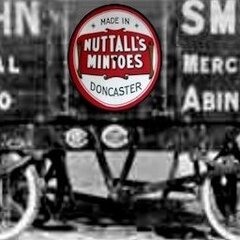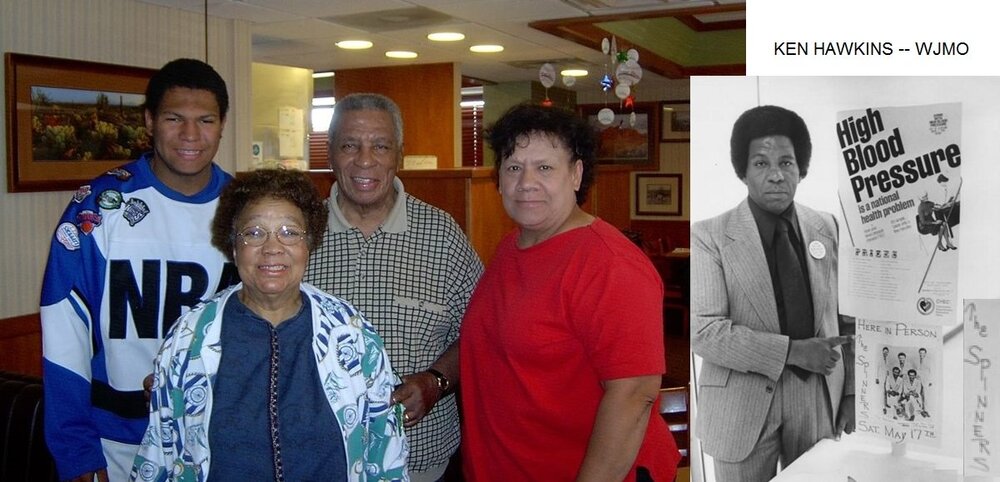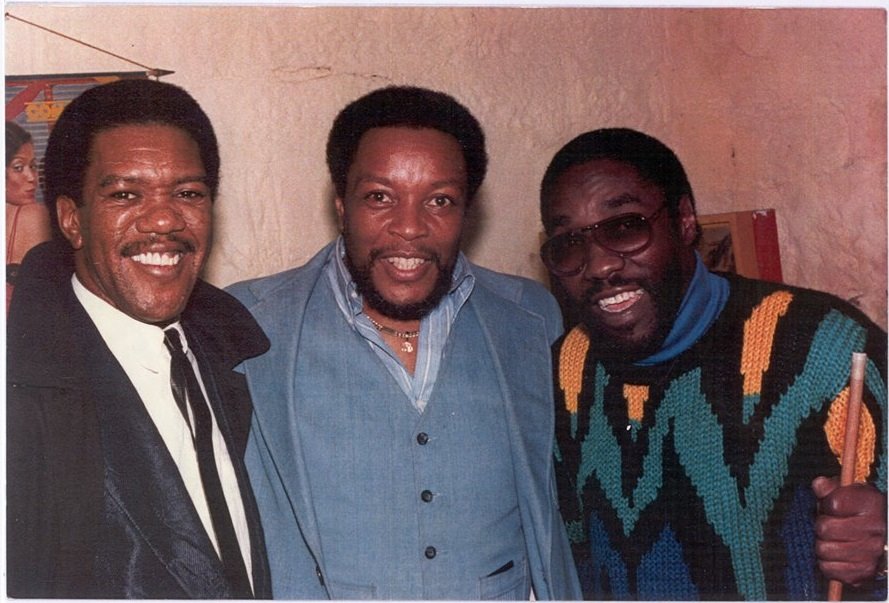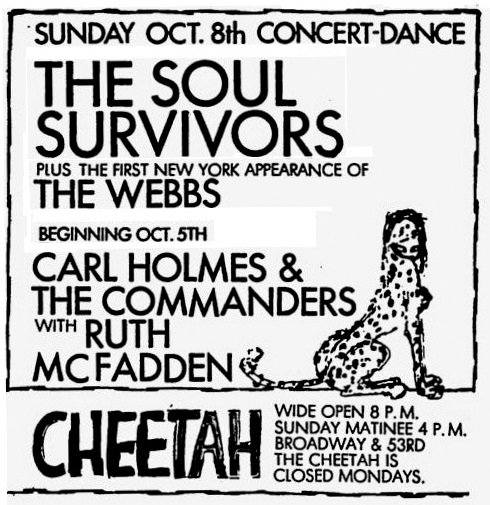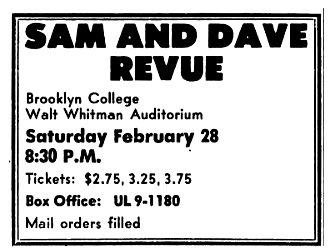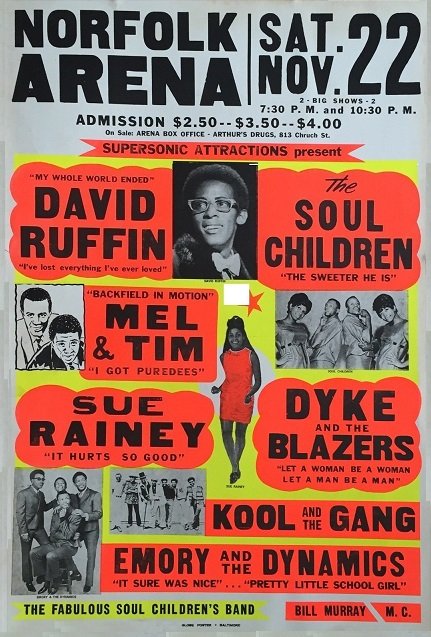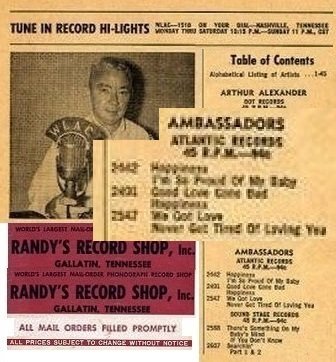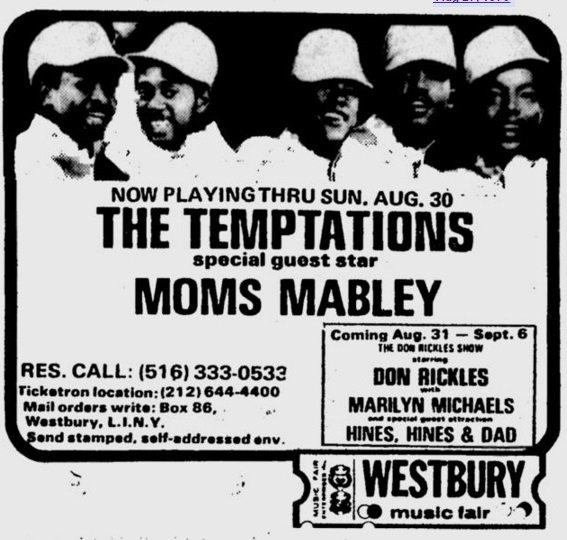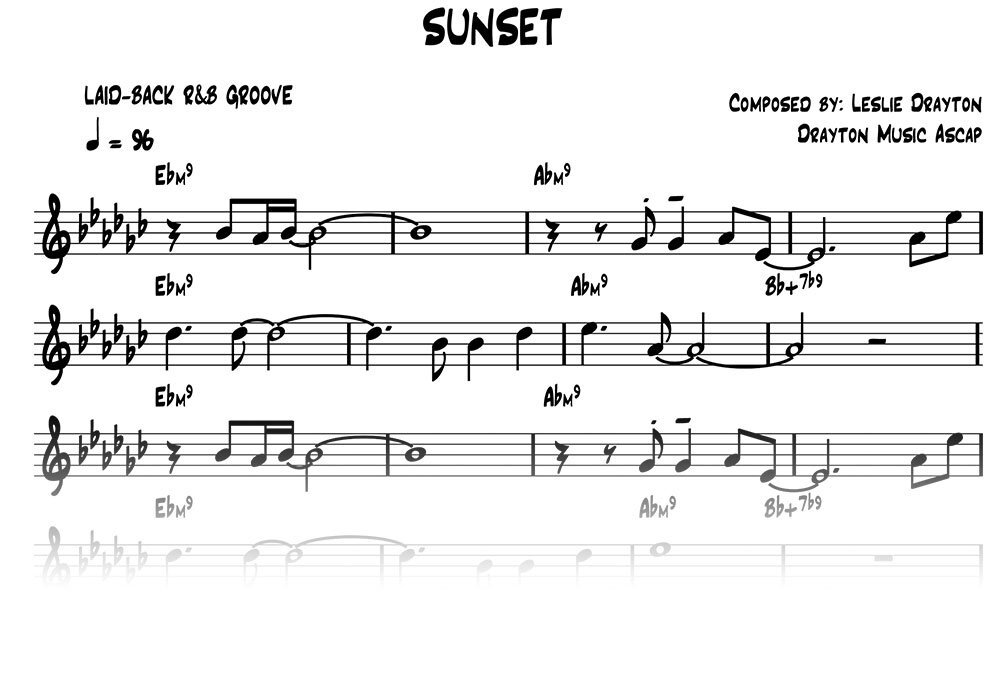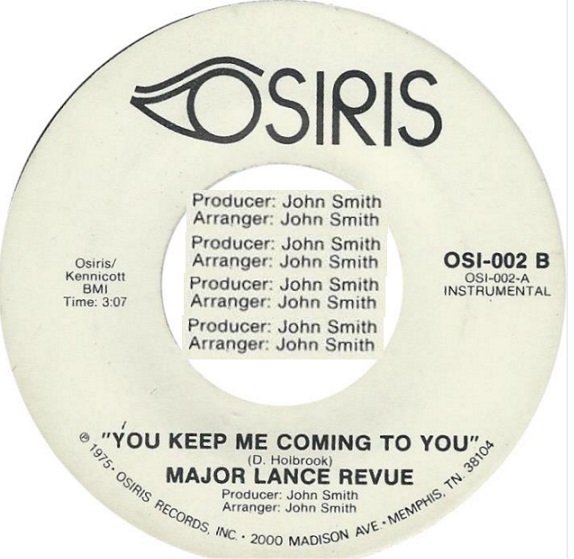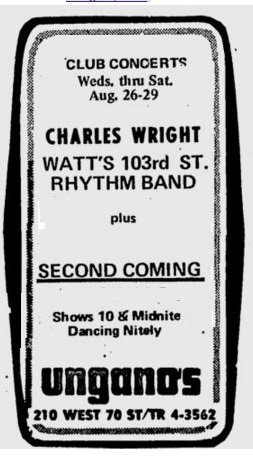Everything posted by Roburt
-
Eurostar Ticket to Paris Please - big record sale
One of the LPs the 'visiting DJ' pulls out is the Stax LP 'Sweet Sweetback's Baddas Song' (which features the EW&F guys backing up Melvin Van Peebles) !!
-
Eurostar Ticket to Paris Please - big record sale
It seems that one of Europe's largest 45 collections is about to be culled. Radio France are clearing out a whole load of old 45's from their record library ......... https://musicfeeds.com.au/news/one-europes-biggest-record-collectors-selling-off-amazing-catalogue/#KakqUpZXx78LtqFf.01 Lots of their 1.5 million discs will start to go on sale in Paris in mid June. 5000 will be up for auction on the 1st day, bet loads of dealers will be involved. They have no idea how many records make up the collection, they weigh it (4 tons in total) to gauge how many they have. Watch the video on the above web piece to get an inkling of the stuff they have (lots of rare -- cut in France -- jazz things).
-
Tonite I Have Mostly Been ... Speakin To Lou Ragland
Another old friend of Lou's from back in Cleveland: WJMO DJ Ken Hawkins .......... ...... don't think I've seen that picture of the Spinners before (pity it ain't clearer) .....
-
Tonite I Have Mostly Been ... Speakin To Lou Ragland
Two mates of Lou's from the old days; Larry Hancock & Eddie Levert (can't think what group he's in) .........
-
Ruth McFadden
Another ad for Cheetahs when Ruth was appearing there (October 67) .......... .... Sunday matinee sessions didn't kick off till 4pm by October ...........
-
Old New York Soul Shows
-
Motown Touring Bands
It seems that by the early 70's, some Motown acts were going on stage backed up by Stax people (the Fabulous Soul Children's Band) ...
-
Same name groups ?
No mention on this thread yet for the Ambassadors ........... Had to be 6 or 7 separate SOUL groups that used the name (if we can include Betty Moores lot in the total).
-
Is It Ok To Talk About Jazz Here?
Johnny Otis had some great people work with him down the years (though most weren't jazzy).
-
I Ain't Got The Love-The Ambassadors
And I could've bought a copy for 94c from Randy's Record Shop but I hadn't heard anything by any version of the Ambassadors back in the 60's ..
-
Spot the sample
Kegsy. I'm from Yorkshire too. I NEVER buy !!
-
Trying to id a record, similar to Billy Stewart/Pat & Blenders
Don't sound much like Brrr - Brrr Brrrr -- Billy Stewart to me !!
-
Spot the sample
Kegsy'll drink anywhere !!!
-
The Five Stairsteps
The group before they got on Curtom .... I just love this 45 label with the 2 distinctive Chitown skyscrapers on it ..........
-
Old New York Soul Shows
A group from Detroit, don't think they ever amounted to much but at least they got a NY gig ........
-
Is It Ok To Talk About Jazz Here?
-
Is It Ok To Talk About Jazz Here?
Nuda un .............. DREAMER .......
-
Is It Ok To Talk About Jazz Here?
More about Leslie Drayton here. HE has played on stuff with E,W&F, Jnr Walker, New Birth, Marvin Gaye & more ............... https://draytonmusic.com/
-
Is It Ok To Talk About Jazz Here?
......... AND ... you could pick up copies of the album in the UK back then for pence (Yanks, Mancaster I think). An 'Andy Whitmore' discovery if I'm not mistaken. Seem to recall Andy doing an article on Leslie in a soul fanzine back then.
-
Without A Doubt-Major Lance
I'm sure it didn't escape on Playboy, Osiris or Columbia (his US labels from 74 to 78) ...... ..... AND I SHOULD KNOW WHAT HE WAS UP TO, after all I was his producer & arranger ........
-
Old New York Soul Shows
-
Bobby Wilburn - I'm a dreamer .. GAMBLE
Lots of tracks like these on ............ Bill Haney's Atlanta Soul Brotherhood CD & VOL.2 CD from Kent.
-
Bobby Wilburn - I'm a dreamer .. GAMBLE
And anuva from Chant ...............
-
Bobby Wilburn - I'm a dreamer .. GAMBLE
Another nice one from the same source (label, writer, producer & youtube poster) ..........
-
Bobby Wilburn - I'm a dreamer .. GAMBLE
Has sold for as much as $1600, $1700 & $2000, but that's the BOBBY (wil)BURN version of the 45 on Chant. Doesn't it originate from the Atlanta area (so no Philly Soul connection at all).

